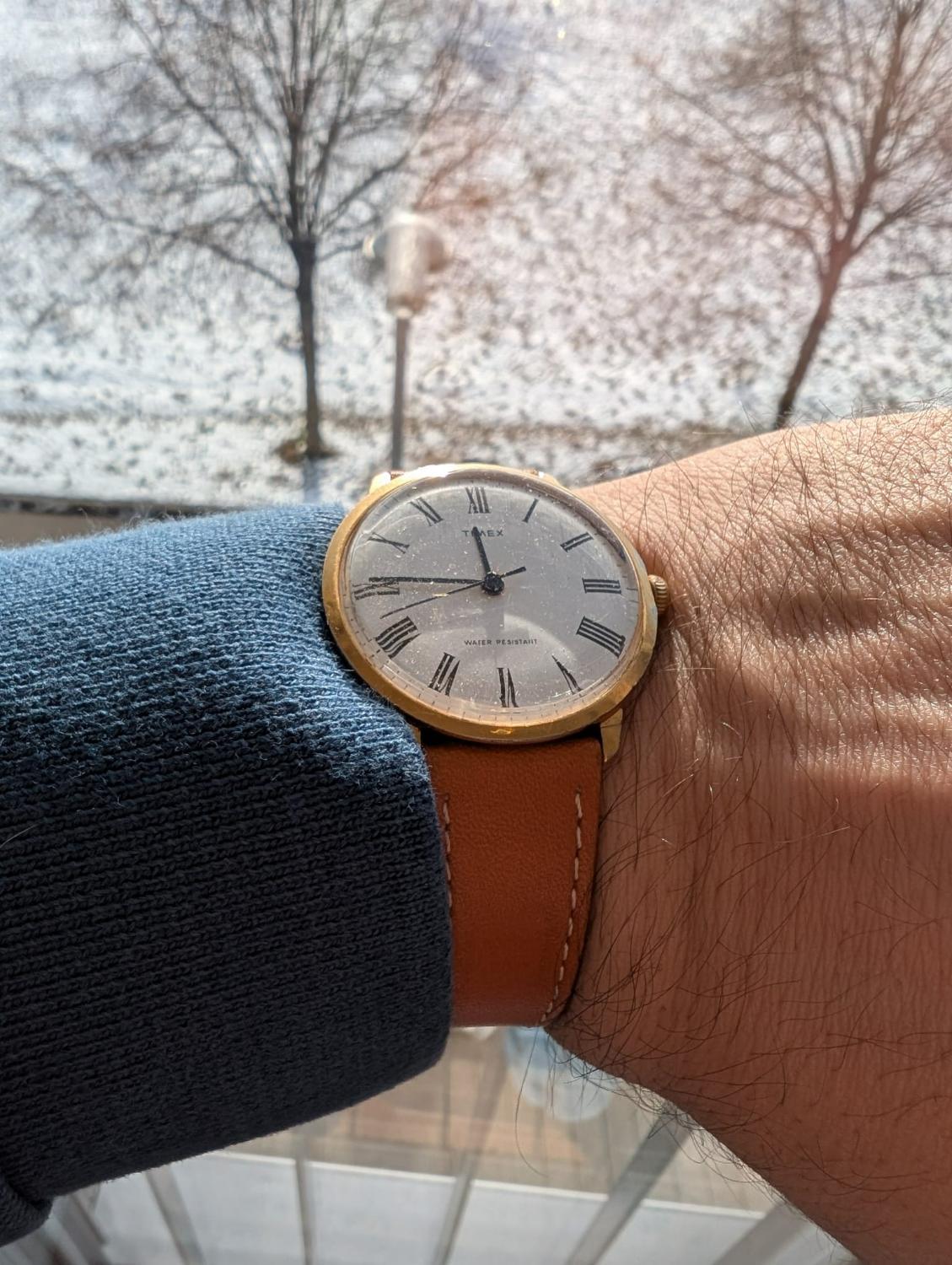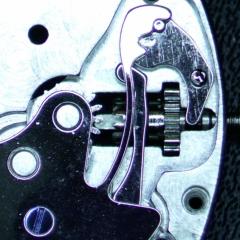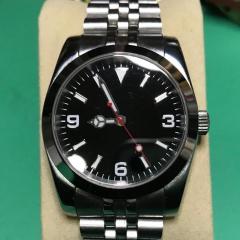Best Stock for Making Balance Staff
-
Recently Browsing
- No registered users viewing this page.
-
Topics
-
Posts
-
Books, or some sort of voucher to a material house if they do them. You can never read and learn enough and if you find a material house that could do a gift card then the person could pick things they really need. Tom
-
I don’t know what a pivot locating tool is? I am not a clock guy though but everything else you mentioned cousinsuk should be able to supply without issue. you might get more results if posting in the clock section of the forum. Tom
-
I came up with a topic that might be helpful for partners, friends, or family members of watch enthusiasts: gift ideas for people who are passionate about watches. Of course, more watches are always appreciated, but what are some other gift options related to this hobby or collection? What related gifts would you love to receive?
-
Thanks to everyone for the welcome. Can I ask for some advice? I have a French Drum clock which I am hoping to dismantle, clean and mend a bit for a friend (it is a long time since I did this, but I would like to restart). I used to go to M & P for supplies but it seems they are out of action at the moment. Is Cousins a good place for supplies? I think I will need: 1. Some small watchmaker type screwdrivers 2. Cleaning fluid to put in a bath and agitate the parts in (I don't have an ultrasonic bath and was not proposing to get one) 3. Clock oil 4. Some thin nosed pliers for removing pins 5. A basic magnifying eyeglass 6. A pivot locating tool 7. An assembly support for the movement 8. Some assorted pins .. but probably nothing more than that for the moment. I don't think I will need to rebush any holes although I do have the tools for this. The hour wheel is broken but I hope I have sourced a replacement. Final queries: a. the wooden case has split a bit. To glue it together, would standard strong PVA glue e.g. Evostik interior wood glue be OK? b. to polish the exterior brasswork of the face and rear, is Duraglit OK, and should they be lacquered after polishing? I am not proposing to polish and lacquer the movement itself, unless that is vital, but only to clean it in the cleaning fluid. Thanks in advance and I hope this is clear.
-
Thanks Mark. I think I’ll leave the beat error for now - it’s a fixed stud so I’d have to adjust the collet position. The watch has bigger problems. On reassembly I’ve found that the hour counter reset hammer is broken - I didn’t do it, the main hammer part was just not there. Can’t easily identify a replacement part. And the subdial hands. The running seconds hand needs an extended pivot tube as the pivot is below dial level. Can’t find one of them either. I’ve found a central seconds hand that might fit it - going to have a go at cutting, filing and polishing it to make it work.
-





Recommended Posts
Join the conversation
You can post now and register later. If you have an account, sign in now to post with your account.
Note: Your post will require moderator approval before it will be visible.